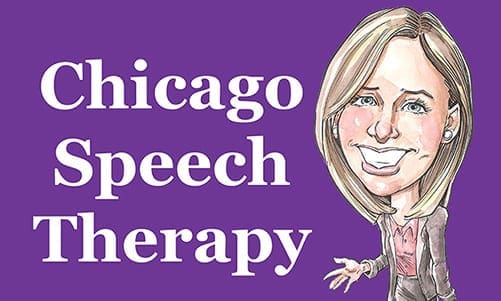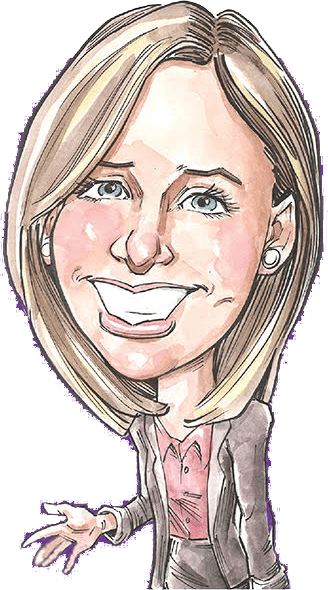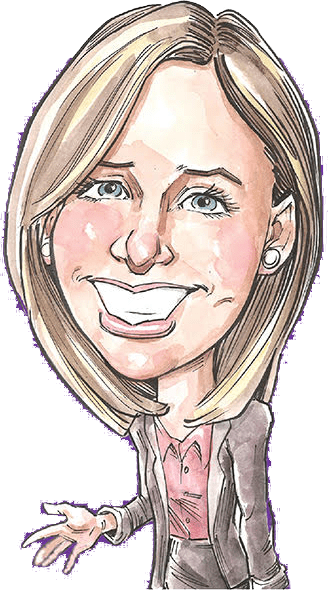Here are a list of milestones to keep in mind as you observe your child’s speech and language development. Take note of any inconsistencies and share them with your speech-language pathologist. While some inconsistencies may not be alarming, it is still better to check to make sure your child is on the right track and is developing normally. In the case that your child is falling behind his or her peers, or if the pathologist has indicated a possibility that your child may be displaying symptoms of a speech or language disorder, early intervention can make a world of a difference.
Bear in mind that these milestones are generic, and are to be used as general guidelines, and not as a way to diagnose any conditions or disorders.
Birth to 5 months
- Reacts to loud sounds
- Turns head towards sound source
- Looks at your face when you speak
- Vocalizes with laughs, giggles, or crying
6-11 Months
- Understands “no”
- Babbles (ex: “ba-ba-ba” )
- Tries to communicate with actions or gestures
- Attempts to repeat your sounds
12-17 Months
- Can attend to a book or toy for two minutes
- Answers simple questions nonverbally
- Points to objects, pictures, people
- Says two or three words
- Imitates simple words
18-23 Months
- Points to simple body parts, for example “mouth”
- Understands simple verbs, for example “go, eat, done”
- Can correctly pronounce most vowels
- Says 8 to 10 words
- Makes animal sounds such as “moo” or “oink”
- Starts to combine words such as “more song” or “all done”
- Begins to use pronouns such a “me”
2-3 years
- Knows about 50 words at 2 years
- Uses descriptive words such as “happy” or “mad”
- Answers simple questions such as “where is the house?”
- Begins to use more pronouns such as “you” and “I”
- Speaks in two or three word phrases
- Begins to use plurals such as “hands” or “cookies”
4-5 years
- Lists items that belong to a category such as animals or food
- Answers “why” questions
- Says about 200-300 words
- Understands spatial concepts
- Speech is comprehensible but makes mistakes pronouncing long, difficult, or complex words
5 years
- Understands time sequences
- Engages in conversation
- Uses complex sentences
- Describes objects
- Uses imagination to create stories


